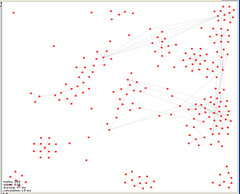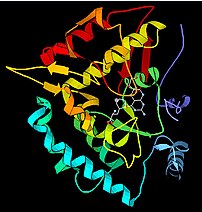
In the first post in this series I identified a series of challenges in scholarly publishing while stepping through some of the processes that publishers undertake in the management of articles. A particular theme was the challenge of managing a heterogenous stream of articles and their associated heterogeneous formats and problems, in particular at a large scale.


